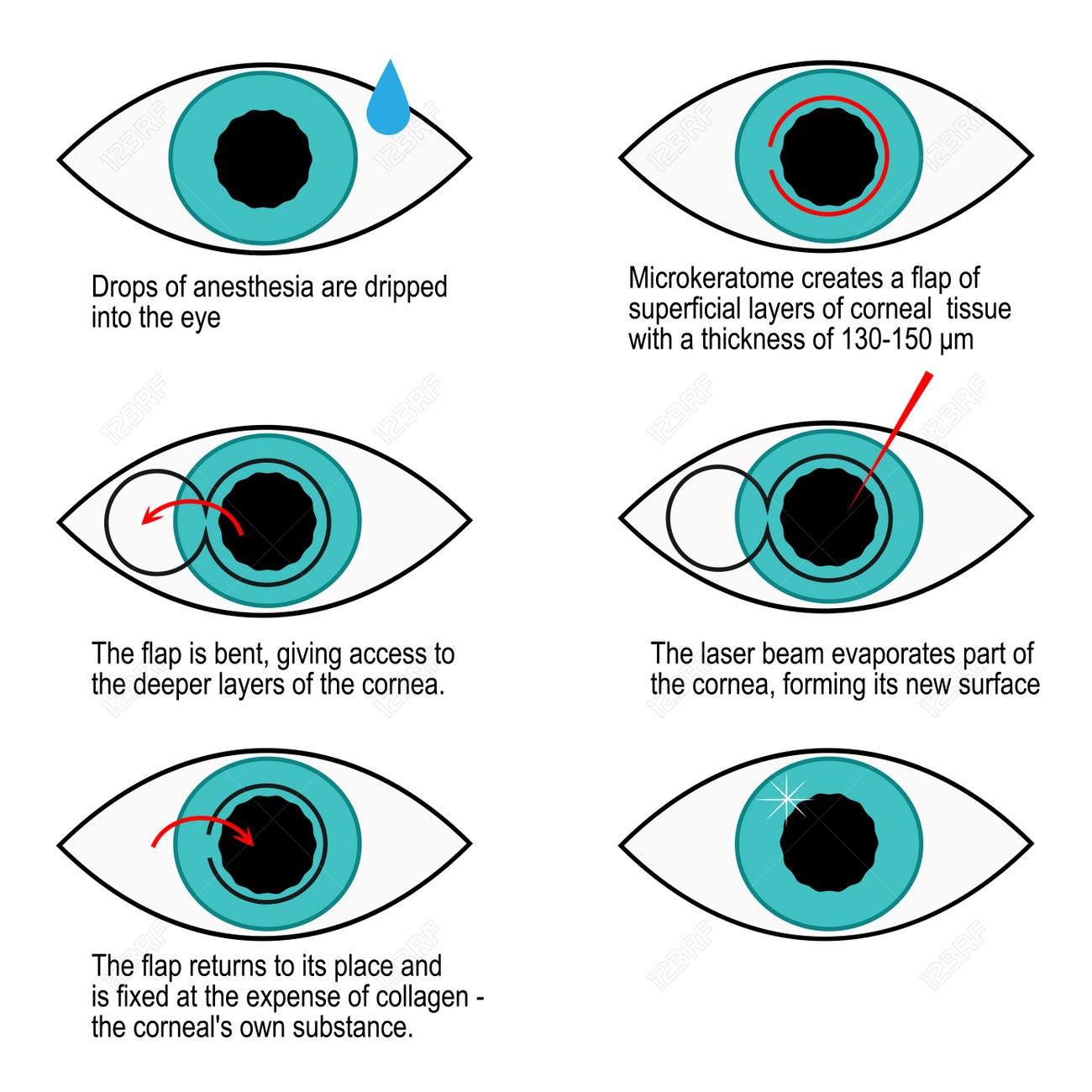Helping A Loved One Going Through Cataract Surgical Treatment: Insights From A Caregiver'S Perspective
Helping A Loved One Going Through Cataract Surgical Treatment: Insights From A Caregiver'S Perspective
Blog Article
Material By-Lindsey Duke
As a caregiver sustaining an enjoyed one facing cataract surgical procedure, your function is vital in ensuring their convenience and recuperation. From pre-surgery prep work to post-operative care, your visibility and support can make a significant distinction in their trip. Recognizing the emotional and physical obstacles they may experience, providing practical assistance, and being their pillar of assistance are crucial elements in this process. Remember, your role goes beyond simply providing help; it has to do with being a source of strength and comfort throughout a significant stage in their life.
Understanding Cataract Surgery Process
Discovering the steps associated with cataract surgery can aid ease any type of anxiety or unpredictability you may have regarding the procedure. Cataract surgery is a typical and very successful treatment that entails getting rid of the cloudy lens in your eye and changing it with a clear fabricated lens.
Before the surgery, your eye will be numbed with eye declines or an injection to guarantee you don't feel any kind of pain during the procedure. The specialist will make a little incision in your eye to access the cataract and break it up making use of ultrasound waves prior to thoroughly removing it.
As soon as the cataract is gotten rid of, the synthetic lens will be put in its place. The whole surgery commonly takes around 15-30 mins per eye and is generally done one eye each time.
After the surgical procedure, you may experience some moderate discomfort or obscured vision, yet this is regular and must improve as your eye heals.
Preparing for Surgery With Each Other
To guarantee a smooth and stress-free experience, planning for cataract surgical treatment with each other can make a substantial distinction in your liked one's trip. Start by participating in Laser Vision Center -surgery appointments with them. By doing this, you can ask inquiries, comprehend the treatment, and provide emotional support.
Help them arrange their pre-operative guidelines, medications, and transportation to and from the medical center. Ensure their home awaits their recuperation by establishing a comfy space with easy accessibility to necessary things.
Help why have cataract surgery in arranging for post-operative treatment if required, such as help with meals or home duties. Motivate them to adhere to the physician's advice relating to fasting prior to surgical procedure and medicine methods.
Guarantee them that you'll be there for them every step of the means. By actively participating in the prep work process, you can minimize anxiety and ensure that your liked one feels supported and taken care of throughout this essential time.
Post-Operative Care Tips
After cataract surgery, providing appropriate post-operative treatment is critical for your liked one's recuperation. Ensure they use the safety guard over their eye as advised by the physician. Help them provide prescribed eye declines and medications on time to stop infection and help healing.
Urge your enjoyed one to avoid touching or massaging their eyes, as this can result in difficulties. Help them in complying with any limitations on bending, lifting hefty objects, or participating in arduous activities to stop stress on the eyes. See to it they attend all follow-up appointments with the eye doctor for checking development.
Keep the eye area tidy and dry, avoiding water or soap straight in the eyes. Motivate your liked one to use sunglasses to shield their eyes from intense light and glow during the recovery process. Hold your horses and helpful as they recover, supplying support with daily jobs as needed.
Final thought
To conclude, supporting a liked one via cataract surgical procedure entails being there every step of the means, from pre-surgery prep work to post-operative treatment. Your emotional support, functional help, and support can make a considerable distinction in their recuperation procedure. By staying informed, arranged, and alert to their needs, you can aid make sure an effective result and offer them with the comfort and reassurance they require throughout this difficult time.
